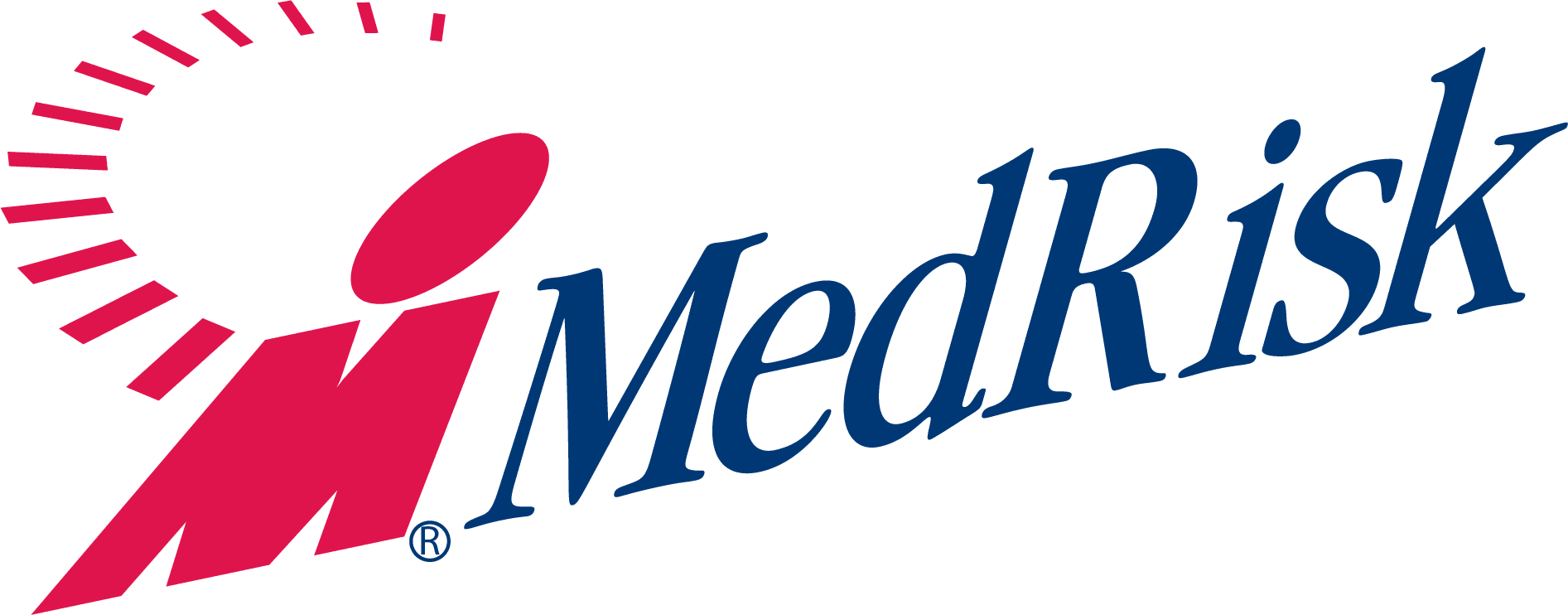Here is a summary of legislative and regulatory developments and challenges for the fourth quarter of 2020 and their practical implications:
Fourth quarter legislative activity continued to be light given earlier adjournments in many states and legislators’ focus on their election campaigns. Fortunately, the NCCI has been busy with an analysis that teases valuable insights out of the flurry of daily headlines. We commend to your review the NCCI’s 2020 Regulatory and Legislative Trends Report.
COVID-19 Compensability Presumption
The coronavirus emergency took center stage in state capitols in 2020. In the WC area, legislators introduced bills that would extend the presumption of WC compensability to certain categories of workers (e.g., first responders, critical or essential workers) who contract COVID-19. The surprising insight of the NCCI’s research is how limited this trend is: enactments in only 10 jurisdictions. Certainly, some represent large WC markets (e.g., California, Illinois, New Jersey), but most are not (e.g., Alaska, Utah, Vermont).
- Implications
The year 2021 marks the beginning of new two-year legislative terms in most states. This means that 2020 bills won’t carry over to the new year except in Virginia and New Jersey, which have odd-year election cycles. The many COVID-related bills that weren’t enacted in 2020 will need to restart their journey through the legislative maze, while public optimism grows that newly available vaccines will quell the pandemic in the foreseeable future. WC claim operations may still experience an influx of COVID claims, but claim payers may have more compensability defenses at their disposal than they at one time expected.
Telerehabilitation Authorization
We noted in earlier updates that telehealth services of all sorts have grown exponentially during the coronavirus emergency, enabled by CMS’s relaxation of earlier safeguards against Medicare and Medicaid fraud and abuse in response to the need for virtual health care. That expansion has continued with CMS most recently granting blanket waivers to all telemedicine providers whose state governments have declared a COVID-related “state of emergency.” All jurisdictions have done so.
For technical reasons, telerehabilitation will be largely excluded from permanent CMS telemedicine rulemaking until Congress passes corrective legislation that, although not controversial, hasn’t been a priority in 2020’s fraught political environment. This correction should occur if and when bi-partisan cooperation returns to Congress. Meanwhile, states continue to issue – and renew – temporary executive orders permitting telerehabilitation services for workers’ compensation claimants.
- Implications
The US Department of Labor’s Office of Workers’ Compensation Programs (OWCP) has already issued permanent regulations removing telerehabilitation from mandatory pre-authorization for Longshore and Harbor Workers’ medical services, and it is likely that state WC agencies will continue this trend when they are no longer constrained by the regulations pegged to CMS payment rules.
MedRisk Will Accept & Process CPT Code 99072
CPT code 99072 was created by the CPT Editorial Panel in response to extra practice expenses associated with patient care during the current Public Health Emergency. In our continuing efforts to coordinate, manage, and provide solutions for our injured workers, clients, and our valued physical medicine provider partners during COVID-19, MedRisk will accept and process billing code 99072.



